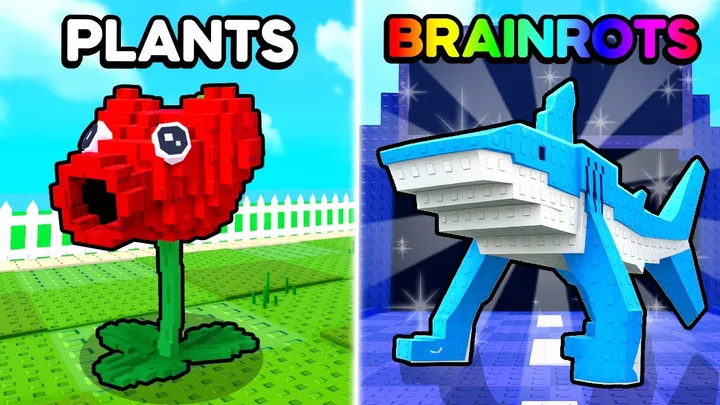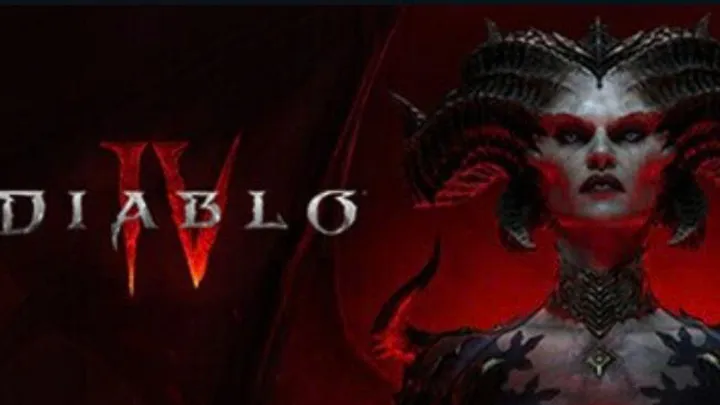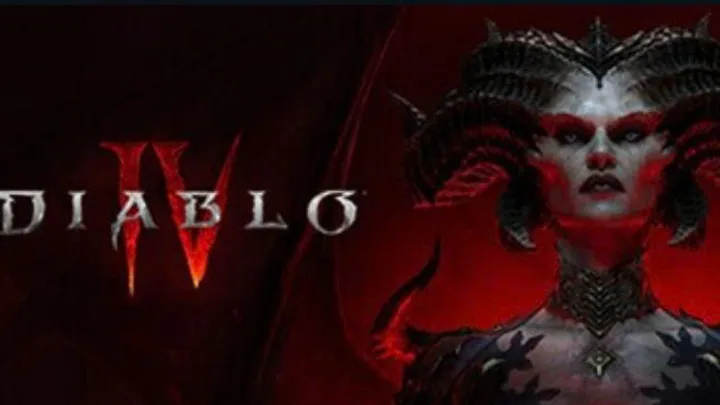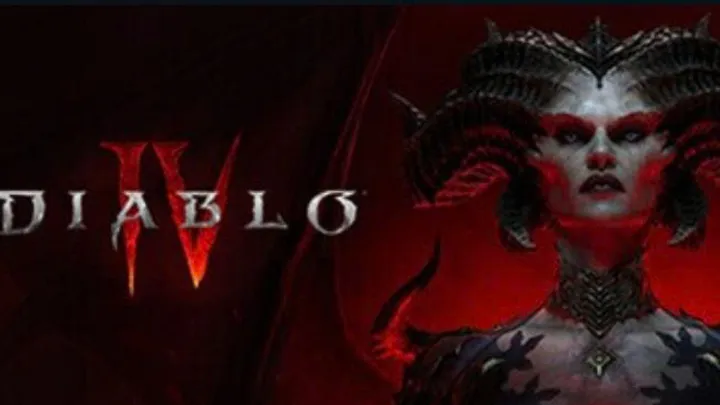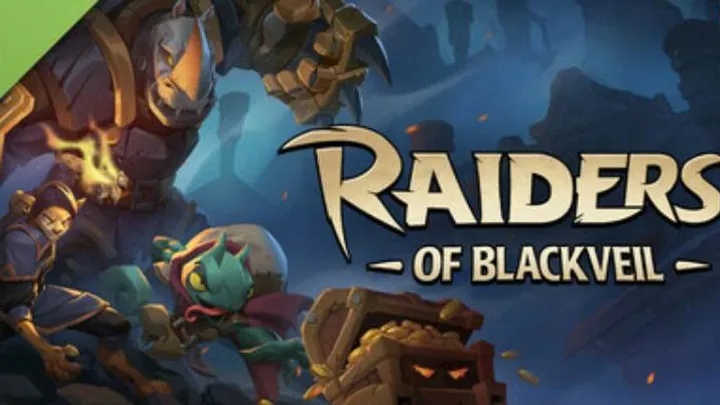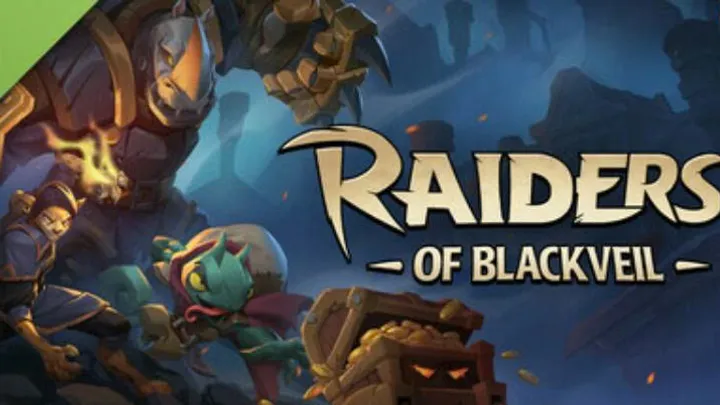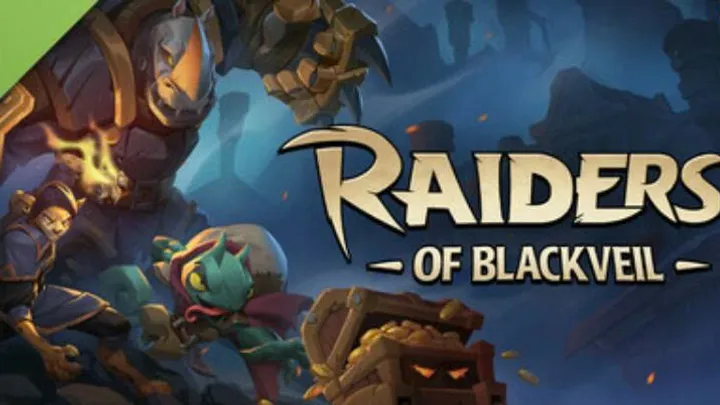Diablo IV is the latest installment in the iconic action RPG series, featuring a dark, open-world setting, dynamic combat, and deep character customization. Players explore the world of Sanctuary, battling demonic forces, completing quests, and collecting powerful loot.
This guide covers everything from starting your journey, mastering combat, building your character, exploring dungeons, and managing resources, to conquering elite bosses and endgame challenges. Whether you’re new to the franchise or a returning player, these tips will help you thrive.
Getting Started: Choosing Your Class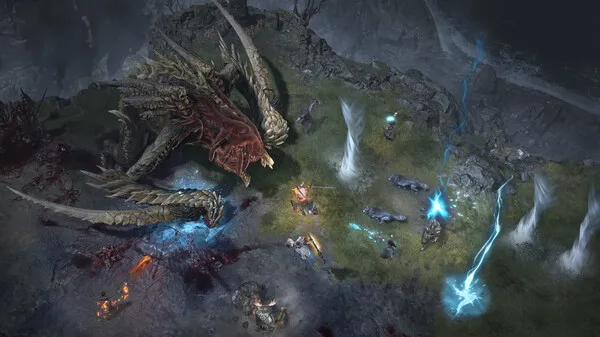
Diablo IV offers multiple classes, each with unique abilities and playstyles:
- Barbarian: Melee-focused, high survivability, can dual-wield or use heavy weapons.
- Sorceress: Ranged spellcaster with elemental damage and crowd control.
- Rogue: Agile, hybrid ranged/melee class, excels in critical strikes.
- Druid: Shapeshifter with elemental powers and summons.
- Necromancer: Summons undead minions and manipulates dark magic.
Pick a class that suits your preferred combat style, then focus on learning its core abilities and combos.
Combat Basics and Mechanics
Combat in Diablo IV is real-time, emphasizing positioning, timing, and resource management.
- Basic Attacks: Core damage source, often building up resource for special skills.
- Skills and Abilities: Consume mana, rage, or other resources; include area effects and debuffs.
- Dodging and Positioning: Essential to avoid damage from fast or large enemies.
Mastering the flow of attacks, dodges, and skill rotations is critical for surviving tougher enemies.
Skill Trees and Character Progression
Each class has a robust skill tree, allowing specialization and customization.
- Active Skills: Offensive or defensive abilities tailored to your role.
- Passive Skills: Boost stats, improve resource generation, or enhance critical effects.
- Ultimate Skills: Powerful abilities that can change the tide of combat.
Focus on synergistic builds that complement your playstyle, combining active and passive skills for maximum efficiency.
Loot, Gear, and Item Management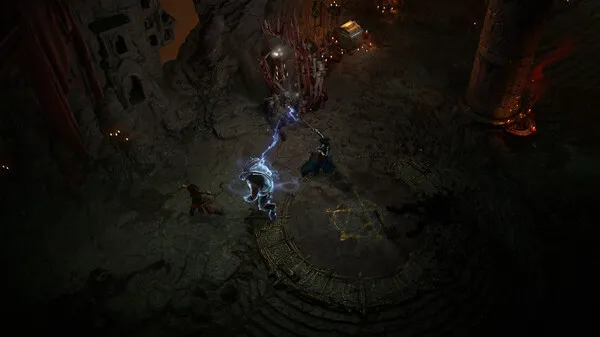
Loot is central to progression. Weapons, armor, and accessories can drastically change combat effectiveness.
- Rarity Levels: Common → Rare → Legendary → Set items.
- Enchantments and Affixes: Enhance damage, elemental effects, or resistances.
- Inventory Management: Prioritize essential gear upgrades and sell or dismantle low-quality items.
Regularly upgrading gear ensures you stay ahead of enemy difficulty spikes and can tackle elite content.
Exploring the Open World
Sanctuary is vast, with dynamic weather, roaming enemies, and dungeons to explore.
- World Events: Boss spawns, invasions, and timed challenges reward rare loot.
- Hidden Areas: Secret dungeons or caches often contain powerful gear.
- Side Quests: Provide experience, lore, and unique rewards.
Thorough exploration provides resources, gear, and experience critical for mid- to late-game progression.
Dungeons and Elite Bosses
Dungeons and elite bosses are challenging but rewarding.
- Enemy Mechanics: Learn patterns, weaknesses, and resistances.
- Staggering and Crowd Control: Key to controlling groups or bosses.
- Environmental Hazards: Use terrain to dodge attacks or gain advantages.
Preparation, skill timing, and resource management are crucial to survive elite encounters.
Multiplayer and Co-op Strategies
Diablo IV supports co-op and multiplayer events, enhancing both survival and loot efficiency.
- Team Composition: Balance roles like tank, DPS, and healer for optimal synergy.
- Shared Objectives: Coordinate attacks on bosses or elite mobs.
- Resource Sharing: Distribute healing items or buffs strategically.
Effective communication and coordination dramatically increase your team’s success rate.
Endgame and Progression Systems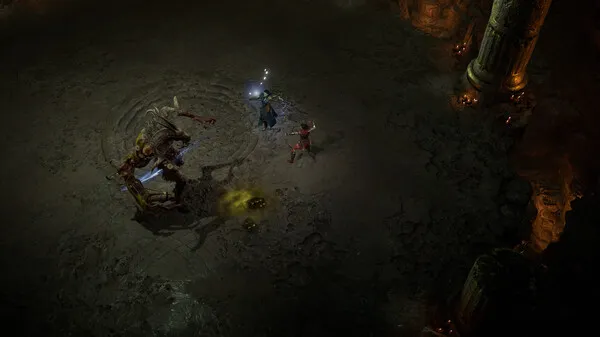
Endgame includes high-level dungeons, world bosses, and seasonal events.
- Paragon Boards: Unlock additional skills and enhancements after max level.
- Legendary Dungeons: Offer rare rewards and high challenge.
- PvP Zones: Optional areas for competitive combat with unique rewards.
Focusing on progression and strategy in endgame content ensures maximum gear optimization and character strength.
Advanced Tips for Mastery
To excel in Diablo IV:
- Optimize Builds: Focus on synergy between abilities, passives, and gear.
- Adapt to Enemies: Match elemental effects and damage types to enemy weaknesses.
- Resource Management: Maintain health, mana, and special resources for sustained combat.
- Explore Fully: Hidden areas and events often yield superior loot.
Mastering these systems allows you to conquer the toughest challenges in Sanctuary.
Conclusion
Diablo IV offers a dark, immersive action-RPG experience with deep combat, loot, and progression systems. Mastering class abilities, gear, exploration, and team strategies ensures success in both story and endgame content.
Patience, preparation, and adaptability are essential. With practice, you can tackle elite dungeons, dominate PvP zones, and uncover all of Sanctuary’s secrets.
